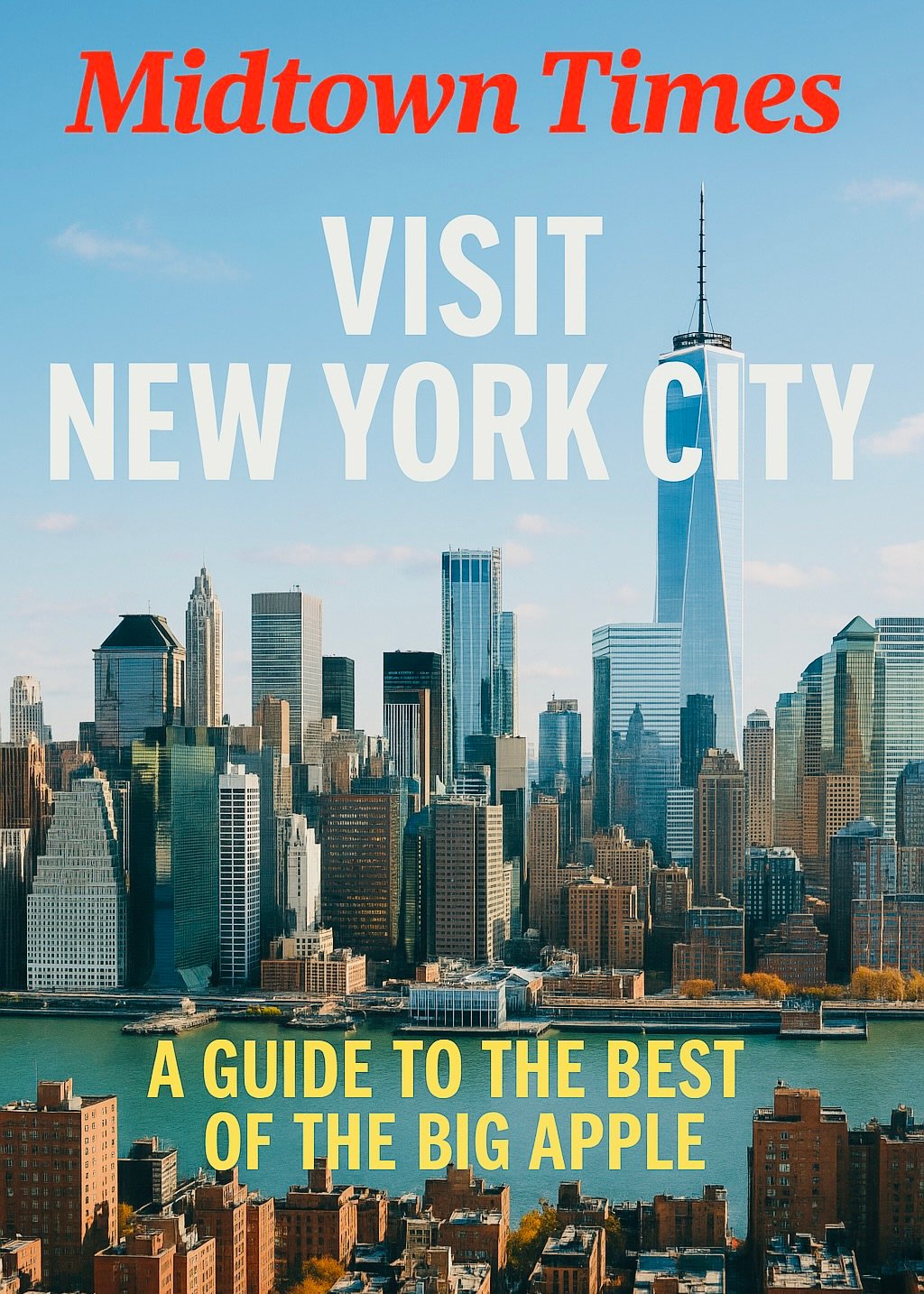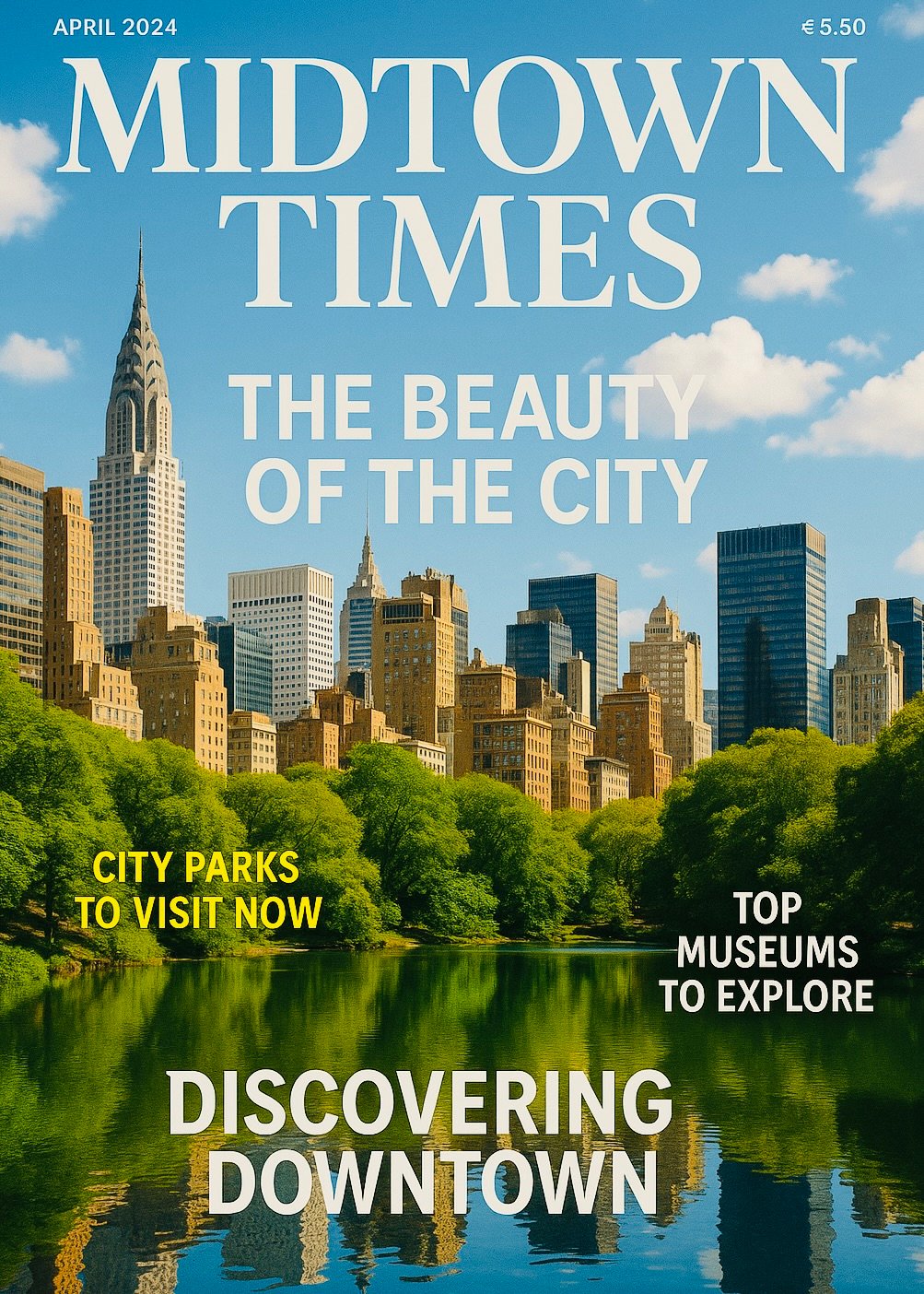QUEENS, NY – A Queens property owner is at the center of a legal battle with New York City officials after allegedly transforming a single-family home into an unauthorized Airbnb-style hotel, complete with numbered rooms, key locks, and even a soda vending machine. Authorities say the owner has refused to pay $420,000 in fines stemming from the operation.
Allegations of an Illegal Short-Term Rental Operation
According to a lawsuit filed by the city, homeowner Gurcharan Kaur received seven separate $60,000 penalties in the fall of 2022 for converting his Kew Gardens residence into a short-term rental hub. Administrative hearings found Kaur in violation of city regulations, but officials say not a single payment toward the fines has been made.
City records indicate the home, listed under the name “Nick” on Airbnb, offered seven furnished rooms for daily bookings. Inspectors discovered “No Smoking” signs, labeled room keys, and a stocked vending machine on-site. Although Kaur’s son insisted the vending machine was “just for show,” an administrative hearing officer dismissed the explanation.
City’s Enforcement Efforts
The Mayor’s Office of Special Enforcement emphasized that the city will use every legal avenue to address unlicensed and unsafe rentals. “We will always use every tool in our toolbox to ensure that fines are collected and violations are corrected,” a spokesperson said.
Kaur’s son, who claims to be a contractor, accused the Department of Buildings of stalling inspection requests and suggested that the city might eventually “write off” the fines. However, officials reported finding no record of any request to re-inspect the home in the three years since a complete vacate order was issued.
Inspections Reveal Occupants and Online Listings
City inspectors visited the 121st Street property in October 2022 following a neighbor’s complaint that the home was being rented to different guests daily. The inspection revealed four rooms occupied by renters, including one minor whose mother confirmed booking the space through Airbnb. Two attic rooms were also reportedly occupied by guests using the platform.
Kaur testified that the home was used as a “guest house” for family members only, but inspectors said none of the occupants appeared related.
Neighbor Concerns and Ongoing Violations
Neighbors told reporters that while guests were generally quiet, they frequently blocked driveways and created disruptions. One neighbor claimed people had recently been seen entering the property despite the vacate order. A subsequent inspection could not confirm whether the home was reoccupied.
Earlier this year, the Department of Buildings approved a permit allowing the property to be legally converted into a two-family residence. This change would bring the home into compliance with zoning laws. Officials stressed, however, that the fines remain in place and must be paid even if the building is ultimately brought into compliance.


